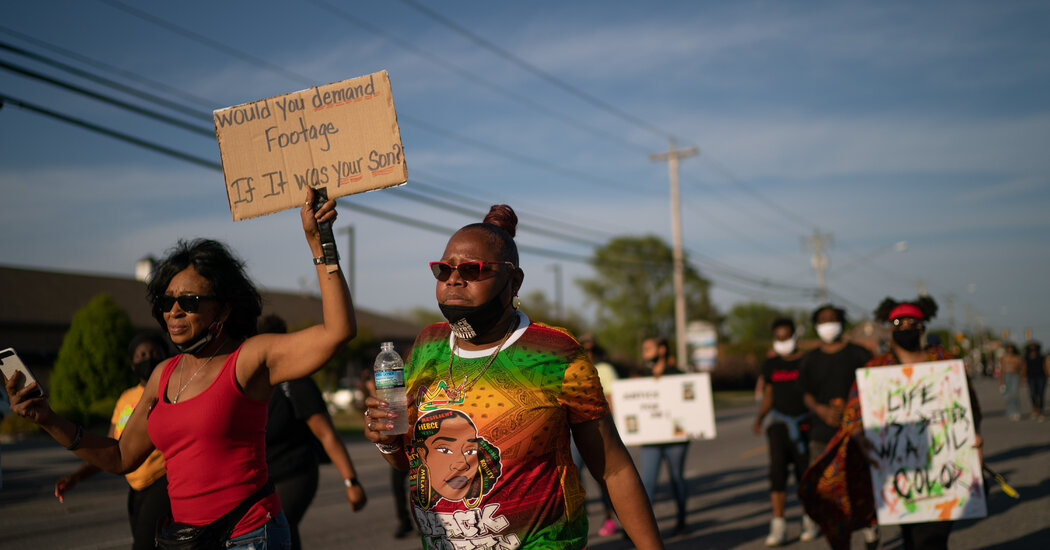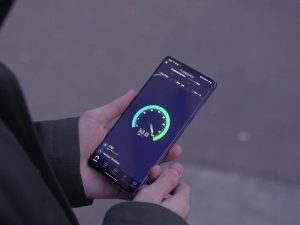The day after Daunte Wright was fatally shot by a police officer at a traffic stop in Brooklyn Center, Minn., on April 11, in the midst of the murder trial against the former Minneapolis police officer who killed George Floyd, officials opted to quickly release some of the body camera footage. The video shows the officer, who has since resigned and has been charged with second-degree manslaughter, shouting, “Taser,” suggesting she mistook one weapon for another. The swift release, which was not required by law, came after a night of particularly intense demonstrations, in which the police fired tear gas and rubber bullets.
When Ms. Bryant, 16, who according to the body-camera video was wielding a knife and had threatened two girls, was fatally shot by an officer in Columbus on April 20, the Columbus Division of Police released video about five hours later, as protesters gathered at the scene.
“We wanted to get that out as soon as possible,” said Michael Woods, the interim police chief of Columbus, even though he was not required by law to quickly do so.
Before North Carolina passed its body-camera law in 2016, law enforcement agencies in the state operated by their own rules. But the killing of Mr. Brown, who like Ms. Bryant and Mr. Wright was Black, has renewed calls to change the law.
“I think it should be a public record,” said Attorney General Josh Stein, a Democrat of North Carolina, referring to the body camera footage. “And there should be a date certain by when the public knows that they will have access to it. And the burden should be on law enforcement to go to the court to seek a temporary stay for investigative purposes.”
This week, State Representative Amos Quick, a Democrat, filed a bill in the state House that would force law enforcement agencies to release body camera recordings within 48 hours, and give police departments a chance to go before a judge to argue that the release would, among other things, jeopardize someone’s safety or hinder an investigation. (A similar bill is pending in the State Senate.)




